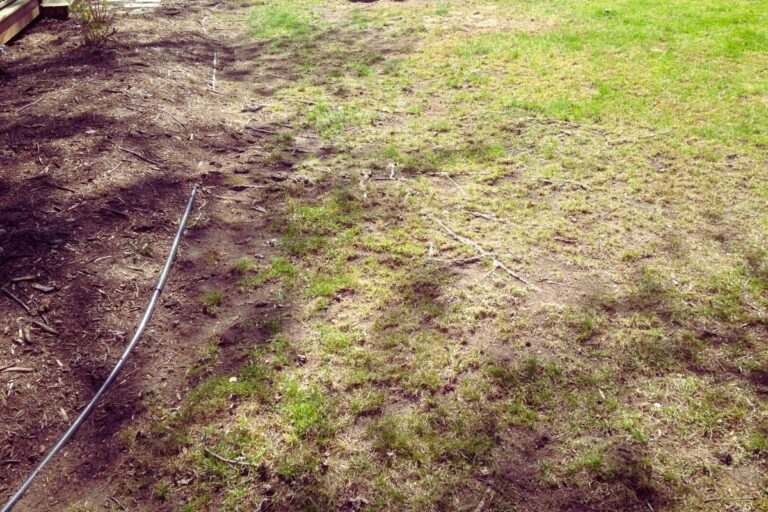Planting Grass Seed Before Rain (Guide)
Planting grass seed before rain. Planting grass seed may be a common and basic method for developing rich, green gardens. One strategy that gardeners and landscapers regularly employ to improve the success of grass seed germination is to plant it before a rainstorm.
This approach capitalizes on the common benefits of rain, providing optimal conditions for the seeds to set up solid roots and flourish. In this comprehensive guide, we will explore the science behind planting grass seed before rain, the benefits it offers, and practical tips for achieving the best results.
Planting grass seed before rain


The Role of Water in Seed Germination
Planting grass seed may be a common and basic way to create wealthy, green gardens. One procedure that gardeners and landscapers frequently employ to progress the victory of grass seed germination is to plant it before a rainstorm. This approach capitalizes on the common benefits of rain, giving ideal conditions for the seeds to set up strong roots and thrive. In this comprehensive guide, we will explore the science behind planting grass seed before rain, the benefits it offers, and viable tips for achieving the best results.
Importance of Soil Moisture
Successful grass seed germination also depends on the dampness of the soil. Planting seeds in dry soil may result in uneven germination, whereas excessively wet conditions can lead to seed spoilage. Timing the planting with an impending rainstorm makes a difference. Strike the proper adjustment, ensuring that the soil is adequately moist for ideal seed germination.
Benefits of Planting Grass Seed Before Rain
Enhanced Seed-to-Soil Contact
Precipitation aids in achieving better seed-to-soil contact. The impact of raindrops helps press the seeds into the soil, guaranteeing great soil-seed contact. This hint of connection with the soil upgrades supplement uptake, accelerates germination, and fosters strong root development.
Natural Nutrient Infusion
Rainwater provides an organic and regular supply of nourishment for the seeds that are sprouting by carrying essential elements from the atmosphere down to the soil. With the help of this supplement infusion, the grass is able to form a robust root system and grow into a vibrant, healthy lawn.
Water Conservation
Planting grass seed before rain is an eco-friendly way to conserve the natural water supply. By adjusting the seeding process to expected rain events, gardeners can reduce the need for artificial irrigation, contributing to water preservation efforts.
Practical Tips for Planting Grass Seed Before Rain


Weather Forecasting
Exact weather forecasting is vital for arranging the timing of grass seed planting. Monitoring climate designs and figures helps gardeners expect rain events and schedule seeding accordingly. Numerous online devices and apps give real-time climate updates, enabling exact planning.
Seed Selection
Choosing the proper grass seed for your particular climate and soil conditions is basic. Different grass varieties have shifting germination necessities, and selecting seeds that adjust to your region’s characteristics maximizes the chances of successful establishment.
Soil Preparation
Before planting grass seed, prepare the soil by evacuating debris, weeds, and rocks. Release the top layer of soil to create a favorable environment for seed germination. Adding natural matter, such as compost, can enhance soil structure and nutrient content.
Seeding Techniques
Use suitable seeding methods to ensure the proper distribution of seeds. Broadcasting seeds with a spreader or employing a seed bore helps achieve uniform coverage. Raking the soil softly after seeding advances soil-seed contact.
Mulching
Applying a thin layer of mulch helps hold soil moisture, avoid erosion, and secure the sprouting seeds. Organic mulches, such as straw or shredded leaves, are fabulous choices that also contribute profitable supplements to the soil.
Conclusion
Planting grass seed before rain may be a key and eco-friendly approach to fostering sound lawns. Understanding the science behind seed germination, recognizing the benefits of rain, and executing viable tips for effective planting are key to achieving ideal results. By tackling the power of nature, gardeners can create rich, vibrant gardens that improve the magnificence of outdoor spaces while contributing to sustainable landscaping practices.






